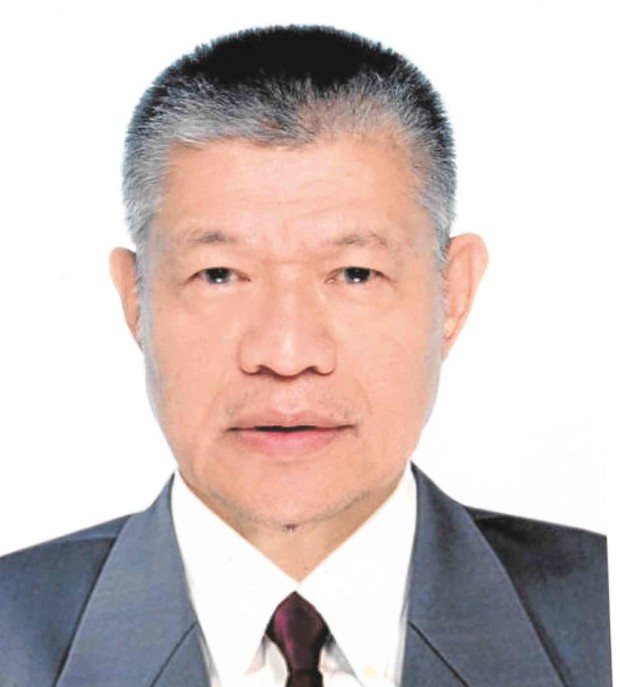Naming of new MSU president draws fire
DAVAO CITY—A controversy is brewing over the leadership of Mindanao’s premier institution of higher education and one of the country’s largest state-owned schools, after President Aquino named its new president.
A case pointing to the supposed “midnight appointment” of Dr. Habib Macaayong as president of Mindanao State University (MSU) has been filed in the Supreme Court by an MSU employee, who is seeking to nullify the President’s decision.
Macaayong’s appointment was “issued with precipitate haste,” according to the petitioner, Said M. Makil. He noted that “it was made without the conduct of the usual search for interested applicants for the position.”
The President named the new MSU president on March 8, to serve a fixed term of six years, documents obtained by the Inquirer showed. Macaayong’s job came along with the hiring of more than 300 new government prosecutors, which was timed to beat the constitutional ban against midnight appointment.
Sought for comment in Manila, Deputy Executive Secretary Mildred Umali-Hermogenes defended the appointment of the MSU president, saying it “was done in accordance with law and with MSU charter.”
Article continues after this advertisementNo search process
Article continues after this advertisement
But Makil said the choice of Macaayong “was irregularly made, designed to beat the appointment ban and defeat the wisdom behind the constitutional proscription on midnight appointments.”
The “haste in the appointment” led to the “utter disregard of all the guidelines, safeguards, and requirements” set by the Commission on Higher Education, principally, the absence of a search process, he pointed out.
Makil said there was no notice of vacancy for MSU president published in at least one newspaper of general circulation, which should, among others, signify that a search process was underway.
“The procedure of conducting a comprehensive search prior to the issuance of actual appointment has been consistently complied with in all previous appointments for the position of MSU president,” he said.
Makil asked the Supreme Court to immediately issue a status quo ante order, which would prevent Macaayong from discharging the functions of MSU president, and keep erstwhile president, Dr. Macapado Muslim, in office.
He also asked the court to compel the Office of the President to create a committee to screen applicants and to draw up a list of qualified candidates.
Unlike other state universities and colleges whose presidents are elected by their governing boards, the MSU president is appointed by the President.
10th university president
Macaayong is the 10th president of MSU since it was established in 1961 and the seventh to be appointed to a regular term. He took his oath before Justice Undersecretary Zabedin Azis on March 8 and assumed office on March 11.
Makil said he filed the petition both in his capacity as an employee of MSU and as a taxpayer. He currently holds the rank of Assistant Professor III and is former director of MSU’s Human Resource and Development Office.
Named respondents in the petition were Macaayong and Executive Secretary Paquito Ochoa Jr.
From only one campus in Marawi in 1961, MSU now has 11 campuses, spread in four of Mindanao’s six regions. Five of its campuses are in the Autonomous Region in Muslim Mindanao and four are in Northern Mindanao.
During academic year 2015-16, MSU had 3,444 faculty members and 82,064 students, of whom 21,045 were in basic education and 61,019 in tertiary education.
Last year, its annual budget amounted to P3.4 billion. It has been implementing over P2 billion in infrastructure improvement initiatives to keep its facilities up to global standards in the past three years.
In 2014, its income grew threefold, from P96 million in 2007 to about P314 million. With a report from Nikko Dizon in Manila
